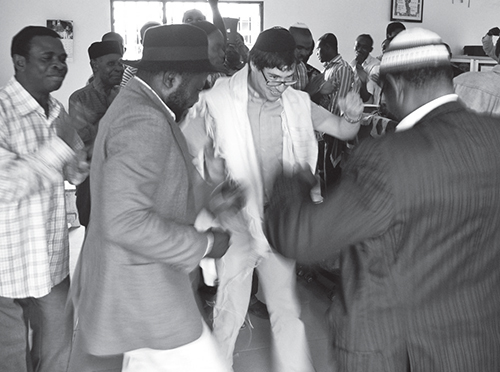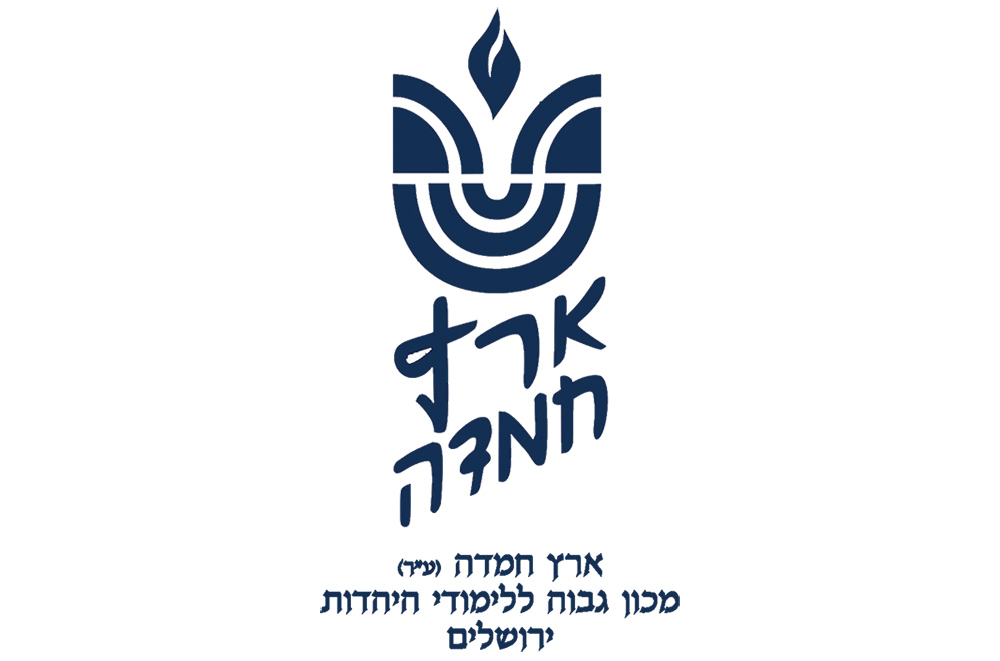



In August I went to Abuja, capital of Nigeria, and met with Congregation Beth Sholom’s Rabbi Barry Dolinger and Naomi Baine, who had journeyed to Africa for the first time to offer instruction to the city’s Igbo Jews. Our visit was part of the ongoing relationship between Rhode Island Jewry and Abuja’s Igbo Jews that had begun in 2009.
There is a widespread belief among the Igbo of Nigeria, Africa’s most populous country of about 180 million inhabitants, that they are descendants of the tribes of Israel. This belief first found written expression in the popular 1789 autobiography of Equiano Olaudah, a former Igbo slave turned British abolitionist, who remarked on “the strong analogy” that “appears to prevail in the manners and customs of my countrymen and those of the Jews.” Pointing to circumcision, sacrifices, and purifications as examples of this resemblance, he concluded it must be “that the one people had sprung from the other.”
Numbering over 30 million, the Igbo are Nigeria’s third largest ethnic group. Their traditional homeland, Igboland, is located in the southeastern part of the country, though they have spread throughout Nigeria. Most Igbo, due to British colonialism and missionary activity, now practice Christianity, but at the same time, many consider themselves ethnically Jewish and strongly identify with the State of Israel.
Following the Nigerian Civil War (1967-1970), during which at least 1,000,000 Igbo civilians died in the failed bid for Biafran independence, Igbo self-identification as Israelites intensified. Igbo saw themselves as sufferers of genocide, like the Jews of World War II Europe, and as inhabitants of a beleaguered plot of land surrounded by hostile forces, similar to the Jewish state of Israel. Some Igbo also began to question why, if they were in fact Jews, they were practicing Christianity rather than Judaism.
These seekers gradually began to find one another, acquire printed material on Judaism, scour the Internet for information, photocopy what prayer books they could lay their hands on, teach themselves to read and pray in Hebrew, advance their practice of the Jewish faith, and connect with western Jews.
Their community, not yet recognized by any Jewish denomination or by the State of Israel, numbers somewhere between 2,000 to 5,000 people. They have been visited by a few rabbis from the U.S. and Israel, but such visits have been rare and often separated by years. All of Abuja’s synagogues self-identify as Orthodox and have been appealing for on-the-ground rabbinic instruction and for ways to decrease their isolation from world Jewry.
Last September, two representatives of Abuja’s Gihon Synagogue, Elder Ovadia Agbai (the synagogue’s leader) and Elder Pinchas Ogbukaa, visited Rhode Island for 12 days at the invitation of Congregation Beth Sholom and Providence’s Temple Emanu-El, celebrating Sukkot, Simchat Torah, and Shemini Atzeret with the Rhode Island Jewish community. After meeting the Elders, Rabbi Dolinger and Naomi Baine, who already felt a pull to go to Nigeria to teach after a screening of Jeff Lieberman’s film, Re-emerging: The Jews of Nigeria (2012) at Congregation Beth Sholom, became truly determined to go there.
Rabbi Dolinger has been questioned by some in the U.S. about the advisability of allocating time and resources to a community in Nigeria, especially one that isn’t yet recognized as Jewish, when there are many other matters in need of funding and rabbinic attention. However, he remains convinced about the importance of his recent visit and of working with Igbo Jewry in the future.
“Whether or not the Igbo are a lost tribe, we have a responsibility to assist those who are sincerely seeking our God and to help them learn,” Rabbi Dolinger explained during his first Shabbat morning sermon at Congregation Beth Sholom after getting back to the U.S. “Beyond that, we also have much to learn from the Igbo Jews,” Rabbi Dolinger said. “We can learn from the joy with which they worship, from their use of song and dance, from the time and care they take with prayer, and from the priority they place on meeting with and learning from Jewish scholars.”
By Shai Afsai









